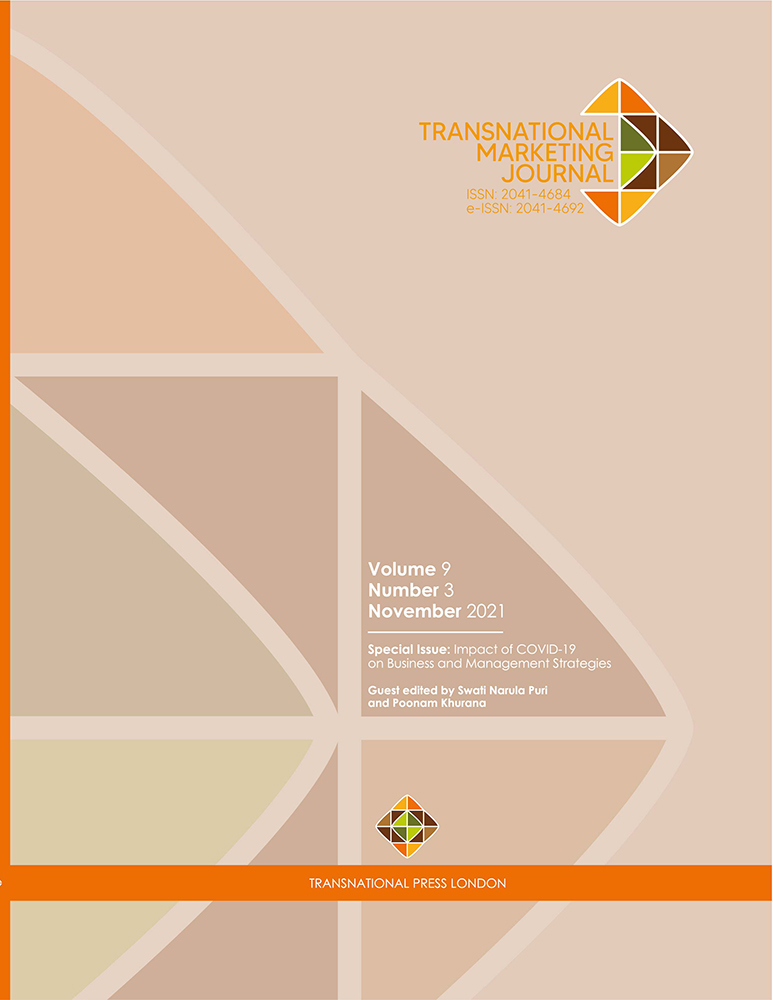Will Online Banking Sustain in Bhutan Post COVID-19?
A Quantitative Analysis of The Customer E-Satisfaction and E-Loyalty in The Kingdom of Bhutan
Will Online Banking Sustain in Bhutan Post COVID-19?
A Quantitative Analysis of The Customer E-Satisfaction and
E-Loyalty in The Kingdom of Bhutan
Author(s): Shad Ahmad Khan, Ferdinand Epoc, Veer Gangwar, T. Antony A Ligori, Zaid Ahmed AnsariSubject(s): Financial Markets, ICT Information and Communications Technologies
Published by: Transnational Press London
Keywords: Online Banking; E-SERVQUAL; TAM; Customer E-Satisfaction; Customer E-Loyalty; PLS-SEM; Bhutan;
Summary/Abstract: Online Banking has received a boost during Covid 19. It is believed that the cultured sector of the population has quickly adopted online banking since the outbreak of the virus. Online banking not only provides a platform for performing financial transactions but also acts as a medium of communication between the bank and the customer. Unlike rest of the world, perception of online banking came slightly late in the Kingdom of Bhutan, which already had a good network of banking access points for its populace, enabling the physical banking. However, due to lockdown observed in the aftermath of Covid-19, the online banking has established development in the country. In the present study, the researchers have confidence in that if the customer satisfaction can be ensured amongst the existing users of the online banking, then they will become dependable to such platform and would continue even in the post Covid-19 time. This study is imperative as the banking system of Bhutan has spent a significant number of resources in obtaining and implementing the online banking system, and sustainability of the system will be a point of concern for the decision makers. This study is conducted to 306 students of Gedu College of Business Studies (believed as the only government college for business studies in Bhutan), these students are vital from the future point of view. As many of these students will continue to be part of the mainstream banking system in the future and would be a target market furthermost of the banks in the Kingdom. The data were analytically processed through ‘SmartPLS’ version 3.3.2. This research was directed by a conceptual model which is Technology Acceptance Model (TAM) and ‘SERVQUAL’ Model essentially to highlight the relationship between online banking and customer satisfaction and loyalty. This research showed factors affecting customers satisfaction in online banking and how the Technology Acceptance Model extends requirements to be adjusted in the online banking industry to maintain its applicability. The results showed that e-service quality served as the key aimed at achieving satisfaction and loyalty successfully. And for Bhutan the assurance of e-service quality will resolve the future to online banking.
Journal: Transnational Marketing Journal (TMJ)
- Issue Year: 9/2021
- Issue No: 3
- Page Range: 607-624
- Page Count: 18
- Language: English

